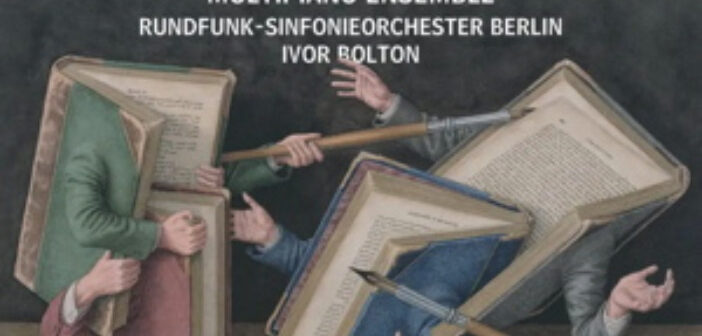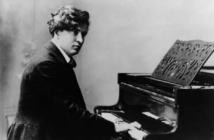This page is also available in / Cette page est également disponible en:
![]() Francais (French)
Francais (French)
-
Hyperion3
German composers don’t know how to have fun. Think no further than Mozart’s Musical Joke, or Beethoven’s fat-shaming of the violinist Schuppanzigh. Not funny at all. Not to mention Schumann and Brahms, or the feeble anti-critic jokes made by Wagner, Mahler and Richard Strauss.
So it was in a wary frame of mind that I approached a frisky album of unknown pieces for multiple pianos and orchestra by Mendelssohn, Moscheles, Schubert and Liszt. Four-hand is where musicians share in-jokes. Was it a fun hour? Actually, not far from it.

Franz Liszt, probably the greatest musical propagator the world has ever known, fell in love with Schubert’s Wanderer Fantasy for solo piano and turned it into a version for piano and orchestra. The Israeli pianist Alexander Tamir made that two pianos and orchestra. Well worth the effort, full of musicality and unexpected asides. A 19th century chap called Ernest Pauer turned two marches by Schubert into an eight-hand piano suite. It must clatter unbearably on stage, but with volume control in your living room works rather nicely.
The pianists involved in this album are members of the Israeli Multipiano ensemble. Their showstopper on tour is Holst’s Planets for pianos and percussion. Now that I’d like to hear.
This page is also available in / Cette page est également disponible en:
![]() Francais (French)
Francais (French)












